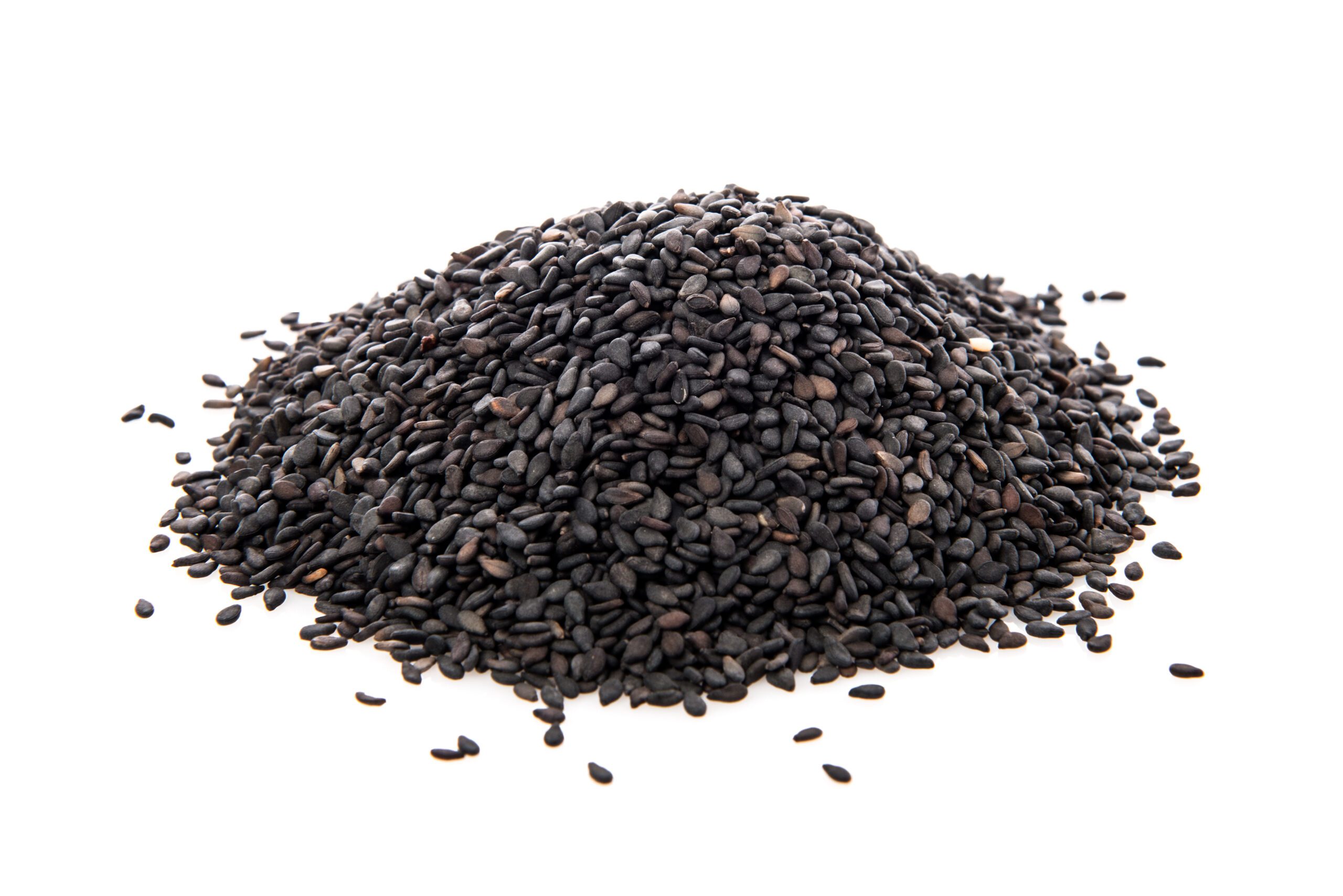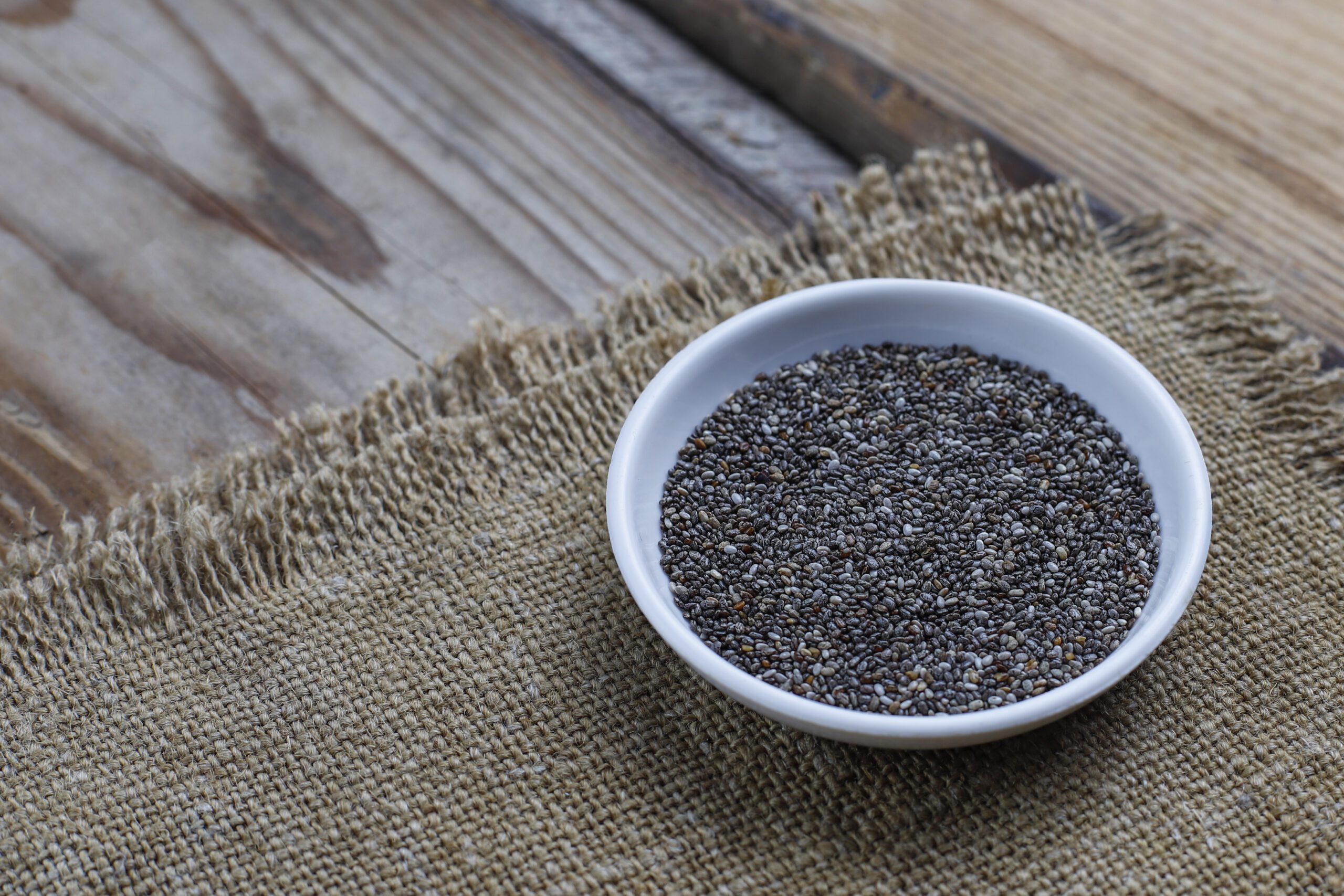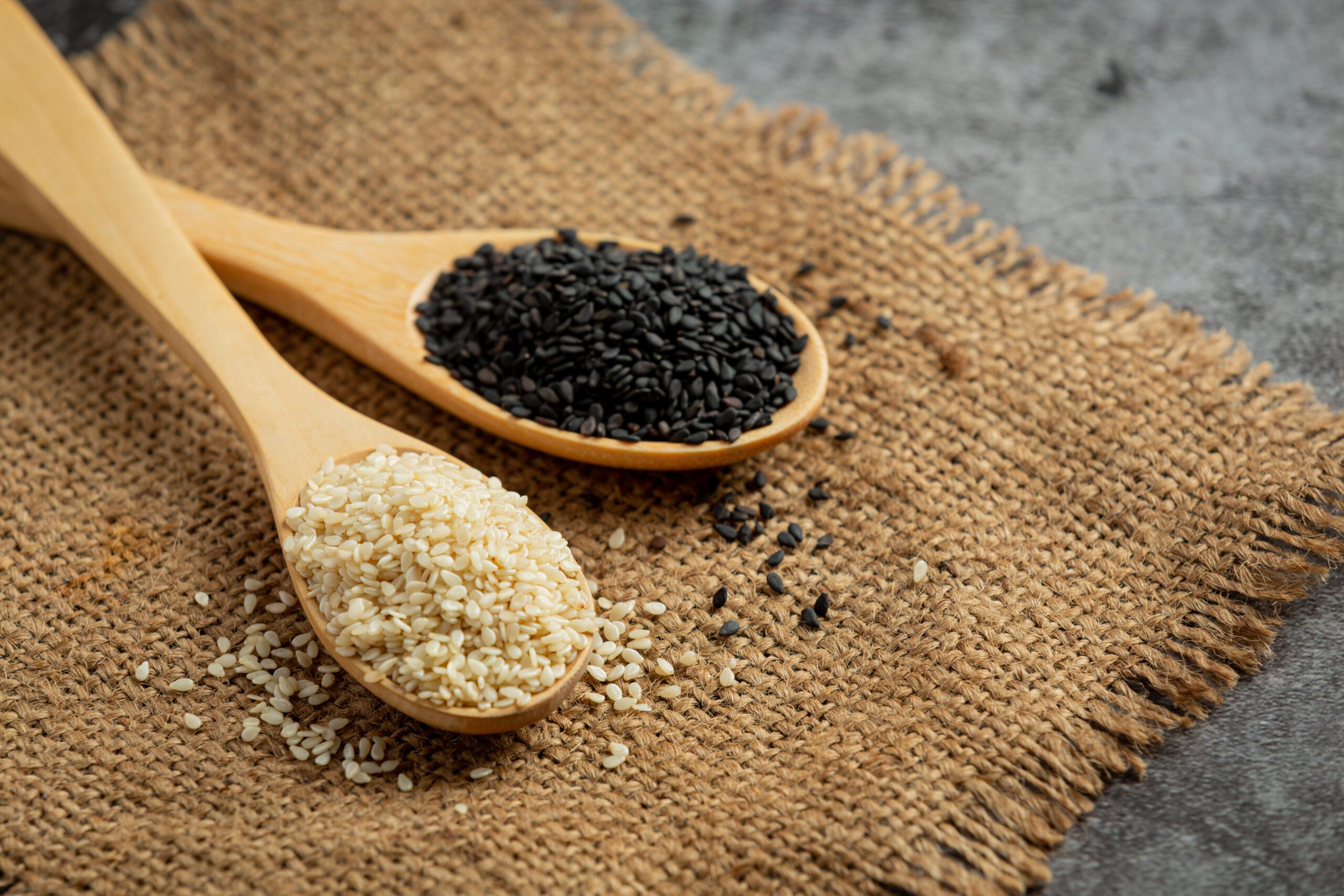Introduction To Black Sesame Seeds
In the world of Ayurveda, the use of natural ingredients for holistic health and wellness is paramount.
Among these fortunes of nature, black sesame seeds stand apart for their surprising medical advantages and remedial properties.
We should dive into the old insight of Ayurveda to uncover the mysteries behind the humble yet intense black sesame seeds.
According to Ayurvedic teachings, black sesame seeds are considered to possess a myriad of healing properties.
They are known to appease Vata and Pitta doshas while possibly exasperating Kapha when consumed in abundance.
This makes them a versatile ingredient suitable for various body types when used mindfully.
Benefits Of Black Sesame Seeds

The top 10 amazing health benefits of black sesame seeds are discussed below:
- Rich In Nutrients
- Support Bone Health
- Heart Health
- Digestive Support
- Antioxidant Properties
- Skin and hair Health
- Anti-Inflammatory Effects
- Blood Sugar Regulation
- Immune Support
- Energy Boost
-
Rich in Nutrients:
Black sesame seeds are a powerhouse of essential nutrients including calcium, iron, magnesium, zinc, and vitamin E, which are vital for overall health and well-being.
-
Support Bone Health:
The high calcium content in black sesame seeds helps strengthen bones and prevent conditions like osteoporosis, promoting long-term bone health.
-
Heart Health:
Black sesame seeds contain healthy fats, particularly omega-6 fatty acids, which may help lower cholesterol levels and reduce the risk of cardiovascular diseases.
Black sesame seeds and white sesame seeds are both derived from the sesame plant (Sesamum indicum), but they differ in terms of color, flavor, and nutritional composition.
Here’s a comparison between black sesame seeds and white sesame seeds:
-
Color:
The most apparent difference between black and white sesame seeds is their color.
Black sesame seeds have a dark, deep black or dark brown color, while white sesame seeds are pale ivory or off-white in color.
-
Flavor:
Black sesame seeds tend to have a slightly stronger, nuttier flavor compared to white sesame seeds.
White sesame seeds have a milder, more neutral taste.
-
Nutritional Composition:
While both black and white sesame seeds are rich in nutrients, there are some differences in their nutritional composition.
Black sesame seeds are often touted as being slightly higher in certain nutrients, including iron and antioxidants, due to their darker pigmentation.
However, the differences in nutritional content between black and white sesame seeds are generally minimal.
-
Culinary Uses:
Both black and white sesame seeds are widely used in cooking and baking across various cuisines.
They are often used as a garnish for dishes, added to salads, stir-fries, and baked goods, or ground into tahini paste for use in dips and sauces.
In some cuisines, black sesame seeds are also used in desserts and sweets for their distinct color and flavor.
-
Aesthetic Appeal:
Black sesame seeds are often preferred for their striking color and visual appeal, particularly in dishes where their dark hue can contrast with lighter ingredients.
White sesame seeds, on the other hand, are more commonly used in dishes where a lighter color is desired or where the sesame seeds are intended to blend in with the overall appearance of the dish.
Here’s a table which is showing difference between black sesame seeds and white sesame seeds :
| Aspect | Black Sesame Seeds | White Sesame Seeds |
|---|---|---|
| Color | Dark brown to black | Pale ivory to off-white |
| Flavor | Slightly stronger, nuttier | Milder |
| Nutritional Content | Rich in protein, healthy fats, fiber, vitamins, minerals (calcium, iron, magnesium), potentially higher in antioxidants | Rich in protein, healthy fats, fiber, vitamins, minerals (calcium, iron, magnesium) |
| Culinary Uses | Commonly used in Asian cuisines, desserts like black sesame paste, sushi roll topping | Commonly used in Western cuisines, baking, cooking, garnishing |
Black Sesame Seeds Nutrition
Black sesame seeds are not only flavorful but also packed with essential nutrients that contribute to overall health and well-being.
Here’s the nutritional value of black sesame seeds per 1 tablespoon (approximately 9 grams):
Calories: 52
Total Fat: 4.5 grams
- Saturated Fat: 0.6 grams
- Monounsaturated Fat: 1.7 grams
- Polyunsaturated Fat: 1.8 grams
Cholesterol: 0 milligrams
Sodium: 1 milligram
Total Carbohydrates: 2 grams
- Dietary Fiber: 1.1 grams
- Sugars: 0 grams
Protein: 1.6 grams
Black sesame seeds are also a rich source of various vitamins and minerals, including:
- Calcium
- Iron
- Magnesium
- Zinc
- Manganese
- Copper
- Phosphorus
- Selenium
- Vitamin B1 (Thiamine)
- Vitamin B6
- Folate
Black Sesame Seeds For Hair


